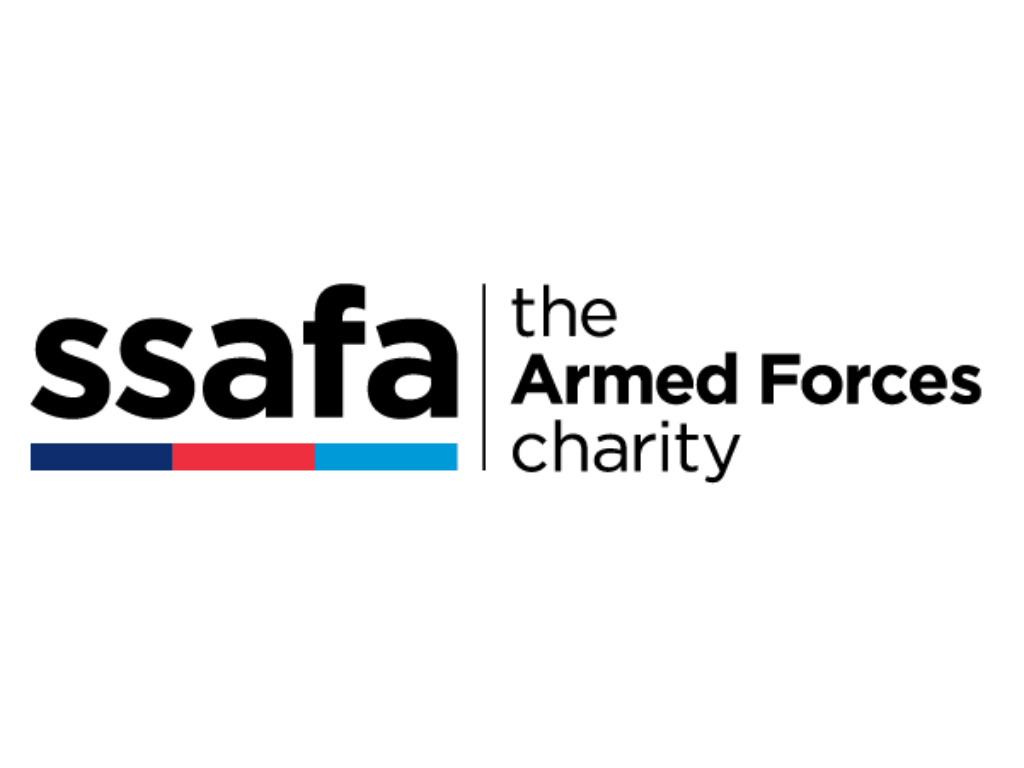In September 2023 we surveyed more than 500 female ultra runners about the challenges they face.
We asked them about their perception of ultras in general, how the Threshold Trail Series compares to the competition, and about the challenges they face when preparing for and participating in ultra marathons. The findings highlighted five distinct themes that we hope to address in the Ultra 50:50 campaign and at our events.
Threshold Sports adopted the SheRACES guidelines across our events and the Ultra 50:50 campaign seeks to build on their work, and to reach new running and fitness communities and groups.
Representation & Perception
Women make up 32% of ultra participants in the UK, compared to 50% of 10k runners*
We have always been extremely proud of the fact that our events sit well above the industry standard when it comes to female participation, with around 45% of participants at Threshold Trail Series events in 2023 being women.
However, there’s no denying that women are underrepresented in ultra running, particularly women of colour. The sport has historically been positioned as brutal and macho, and can appear male-dominated or judgmental. These factors, in combination with the perception that they are not “good” or “strong” enough, can deter women from taking part.
*Let’s Do This
How we’re helping
- In 2024, we recruited a team of women, the Ultra 50:50 Challengers, to take on our Race to the King ultramarathon; we’re doing the same in 2025 with a focus on first-time ultra runners.
- We’ve revised our marketing and promotional materials to ensure that we feature female participants and people from diverse communities.
- We’re working on new communications guidelines to keep our messaging inclusive and welcoming to all.
Training & Preparation
23% of female ultra runners identify as walkers, not runners
Despite this, there are limited training resources for walkers and athletes mixing running and walking. And even when those plans exist, for women with children, balancing childcare responsibilities with the demands of ultra training can be challenging, especially for those who work full-time.
How we’re helping
- We’re reviewing and updating our training materials to ensure athletes of all paces have the right resources to help them prepare for our events.
- We’re working with female performance experts with experience of helping women to prepare for ultras, with a particular focus on support for people balancing busy home and work lives.
Event Access & Support
92% of past female participants felt Threshold events were inclusive
But, of course, they could only feel this way after they’d already taken part! Many women pointed out that, for first-time participants, anxieties related to logistics – including transportation, accommodation around events, and cut-off times – could be a deterrent, especially to women who are taking part on their own.
How we’re helping
- We’re working with grassroots running organisations to help bring people together around our event, reducing the anxieties associated with travelling and participating alone.
- We’re working to provide more detailed information about travel, transport, and accommodation throughout our pre-race communications.
- We’re making sure our generous cut-off times are clearly displayed in promotional materials and participant communications
Safety & Harrassment
34% of female ultra runners said safety was the number one barrier to female participation
Given the fact that many athletes will begin preparing for our events in winter, concerns about running alone, especially at night, due to safety issues and fear of harassment during training runs were prevalent. Such anxieties often lead women to avoid running in remote or secluded areas, impacting their training opportunities and limiting their enjoyment of events like ours when traversing such areas at night.
How we’re helping
- We are exploring the introduction of night running chaperones and we will provide support to solo runners at night to help coordinate groups from pitstops.
- Using social media, we’ll help connect participants in their local area to get together for group training runs in the darker months.
- We’ll provide GPS trackers as an optional add-on during the event, so friends, family, and event staff can ensure participants are making progress safely.
Menstrual Health & the Menopause
Menstrual health was consistently cited as a concern for female ultra runners.
Menstrual cycles, pregnancy, and the menopause can affect energy levels and performance whilst preparing for and participating in ultra endurance events. These problems can be exacerbated when event organisers fail to ensure the availability of clean toilets, sanitary products, and private spaces.
How we’re helping
- Ensuring our pregnancy deferral policy is clear and shared at the point of registration.
- We’ll provide sanitary products (tampons , sanitary towels, disposal bags) in clean toilets at base camp and at every pitstop.
- We’ll make sure safe, private spaces are available at base camp and pitstops for women who are breastfeeding or need to attend to a matter of personal hygiene.
- We’re working with female health experts to provide guidance regarding training during the menopause.















